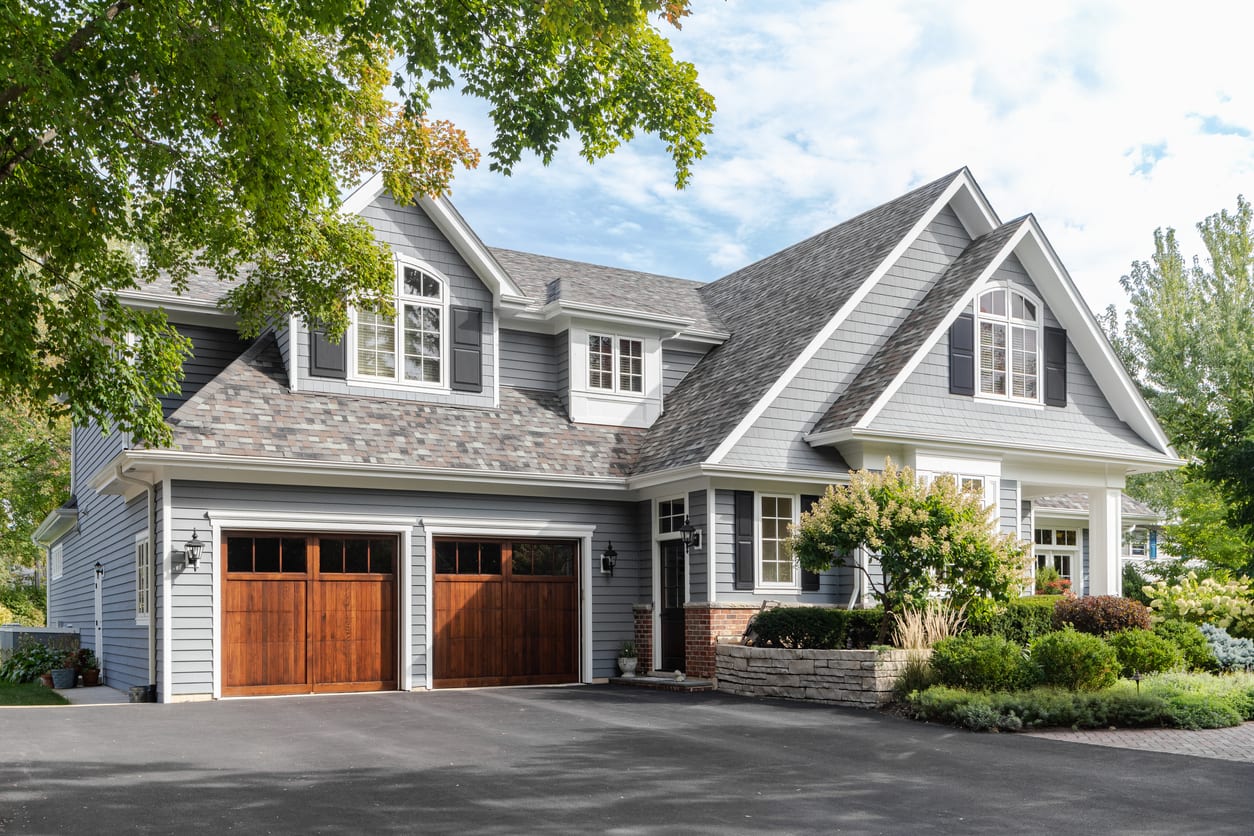Extended Home Warranties: Do You Need One?
When buying a property, it’s likely you’ll get asked if you want to purchase an extended home warranty to protect your asset; however, there’s a lot to consider before you commit. Read on to learn more about extended home warranties, extended home warranty benefits, and more.
What Is an Extended Home Warranty?
The idea of an extended home warranty is that by paying a fee each year, the owner gets protected from extraordinary and unforeseen maintenance and appliance expenses. A close parallel is the extended warranty you may buy for a car.
What Is the Purpose of an Extended Home Warranty?
Extended home warranties exist because there is a need generated by popular demand. The need exists because of two main conditions:
- When people purchase a home, many buy the most home they can afford and don’t allocate a reserve to make ordinary repairs or maintain a prudent reserve of funds.
- Regular, do-it-yourself maintenance is less common nowadays. With so many people overextended by other priorities, basic home fixes get ignored until they become a problem. Then, the inconvenience shifts to finding the right reputable repair person.
An extended home warranty solves these two dilemmas by limiting the top exposure, in most cases, to less than $1,000 for any significant repair and providing access to a vetted and measured pool of vendors and subcontractors.
Do You Need an Extended Home Warranty?
Whether you should get an extended home warranty depends on many factors. However, the most important factor to consider is the type of property you own.
Personal Residence
Extended home warranties are designed for the owner-occupied home. They're ideal for homeowners who may not feel confident making repairs themselves and get overwhelmed in finding, researching, and vetting a reputable service provider.
Investment Property
Typically, extended home warranties aren’t recommended for investment properties. As an investor-owner, the goal is to see your property deliver the most income at the least cost. Investors should allocate about 1% to 3% of the property’s real value each year for unexpected repairs and maintenance. Because the asset is generating revenue, allocating funds each year for this is generally easily funded by free cash flow.

Does My Investment Property Need an Extended Home Warranty?
While extended home warranties are very popular among personal residences, they aren't always ideal purchases for investment properties. The following are four reasons why an extended home warranty may not be beneficial for an investor-owner.
1. Increased expenses.
The basic idea of shifting expenses doesn’t limit or reduce them; it increases them. An extended warranty must supply the company that offers the warranty with enough revenue to:
- Make any needed repairs (including a profit for the repair company).
- Pay for the cost of administering the offering.
- Include a profit for the warranty company.
With an extended warranty, you pay for all three of these items; without one, you pay only for the first.
2. Replacement avoidance.
Like with anything that needs fixing, it’s less expensive for an extended home warranty company to attempt a repair, even when replacement is the correct long-term decision for the asset. Generally, the extended home warranty will do whatever it can to put a “band-aid” on the repair. Doing this may buy you a little more time and usage from a system, but it will ultimately usually fail again. As the investor-owner, you may want to do a one-time fix to keep your overall expenses down during the ownership tenure, and this may mean a system replacement.
3. Delayed timing.
As an investor-owner, you have a legal obligation to make specific infrastructure repairs in a timely fashion, determined by local property codes. Typically, extended home warranty companies use a small, select group of vendors to keep costs low. Because of this, vendors can get backed up and become unable to visit a property to address issues for several days. Other vendors may need to make repairs in these circumstances, and when this happens, the extended home warranty will generally not cover the cost of those repairs due to them being completed by out-of-network vendors.
4. Limited coverage.
With an extended home warranty, consumable items aren’t covered. The biggest and most obvious consumable item is refrigerant used in HVAC systems. Service companies can charge a significant amount for this and the expense of refrigerant recovery—a special procedure to prevent free release into the atmosphere. The net result is that after paying for your warranty, you pay an additional cost for your co-pay, with services and consumables not covered, instead of just hiring a vendor directly to do the appropriate repair, sans the expense of the extended home warranty.

RHOME & Extended Home Warranties
Specializing in rental and home management and committed to helping our clients make the right financial moves, RHOME Rental and Home Management doesn’t support the use of an extended home warranty for investment properties. We understand there are some exceptions and that each of our clients has goals that vary and change for themselves and each specific property they own. If you’re a new client and already have an extended home warranty in place, we’ll work with you to extract the value of what you have already paid for. Please let us know what you’re trying to achieve and allow us to use our experience to maximize the results from your investment.